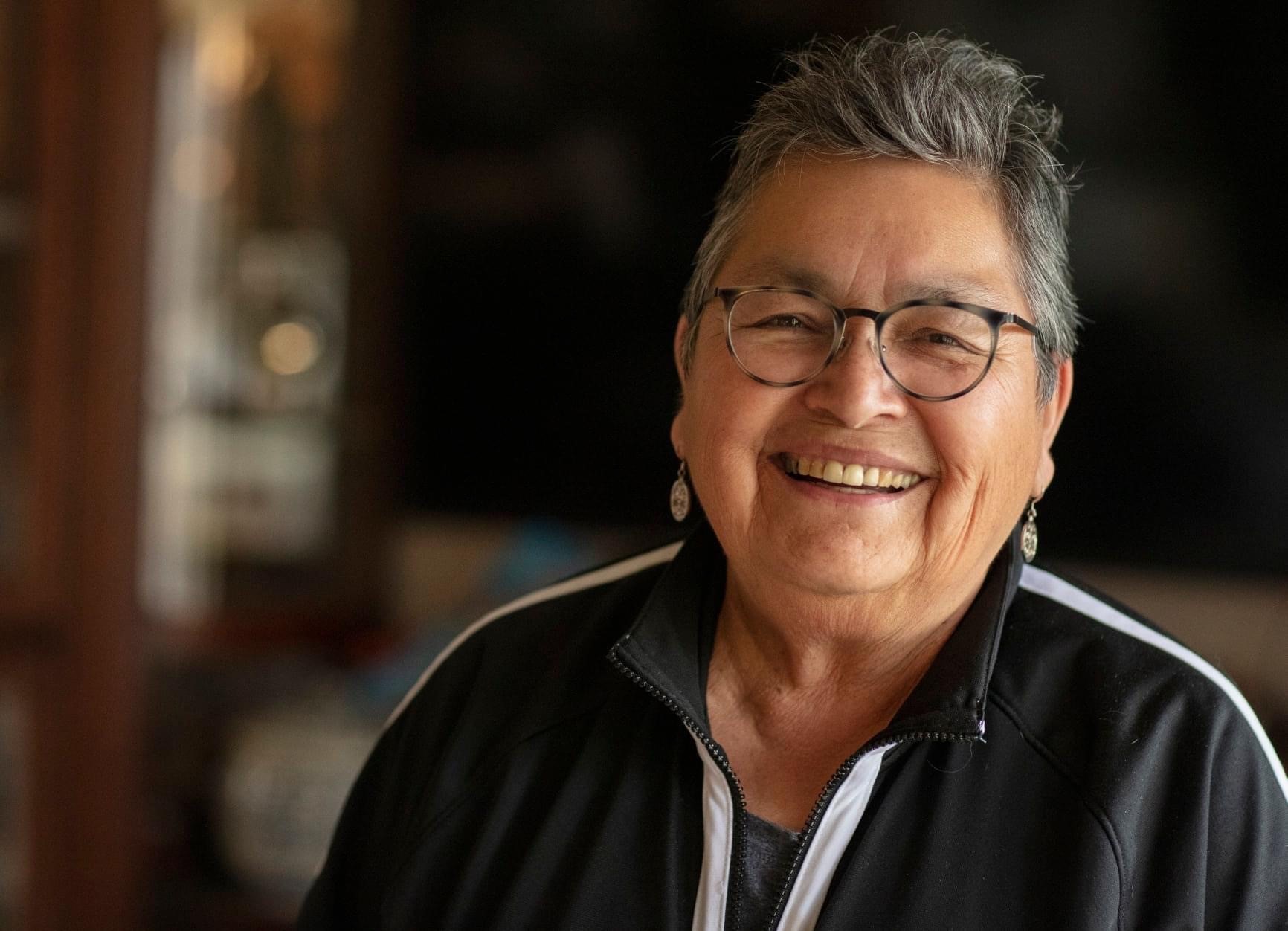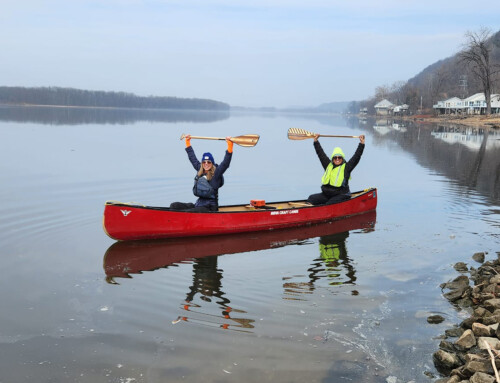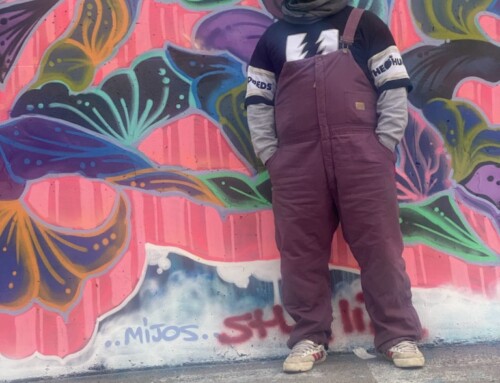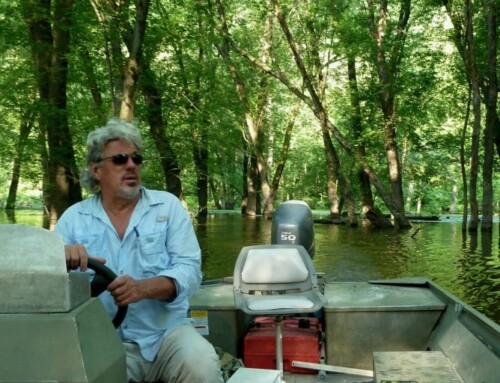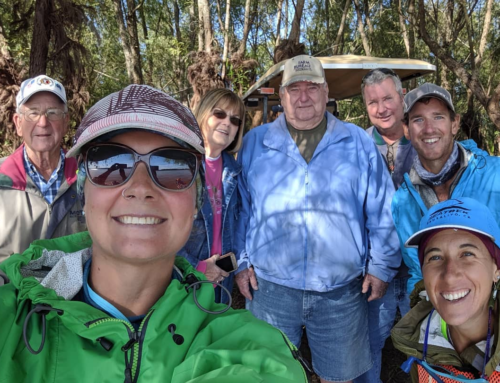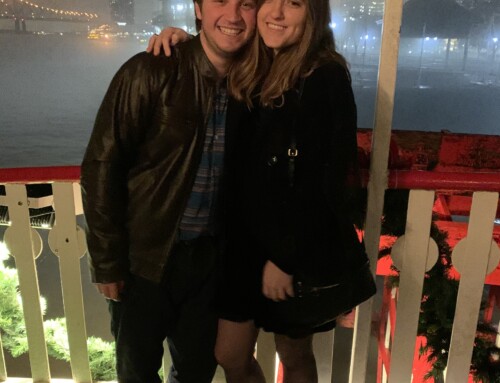On March 1, 2013, Sharon Day gathered with four other Native American women and two Native American men at the Mississippi Headwaters. It was a cold morning, just six degrees (F), when they dipped three five-gallon water jugs into the emergent river. Josephine Mandamin, the Anishinaabe woman who founded the contemporary water protector movement, led a prayer. After each person took a sip of the crisp, clear Mississippi River water, they walked. They walked along the Mississippi every day until May 3—through a blizzard, rainstorms, and sunny days—until they reached Fort Jackson, Louisiana, near the river’s end. Each day they paid their respects to the river.
At Fort Jackson, as a light mist enveloped them, Josephine Mandamin once again joined the group in prayer. They offered a tribute of asema (tobacco) to the river and reunited the waters from the river’s source with her lower self. “We wanted to give her a taste of herself,” Day said. “This is how you began, healthy enough for us to drink. And this is how we wish for you to be again.”
A wave rolled into shore and lapped around their ankles, followed by another one, then two more, the fourth one washing up to their knees. “It was like being kissed by the river.”
In many indigenous communities, including the Ojibwe community in which Day grew up, women take care of the water. The Mississippi River walk was one way that Day and other indigenous women honored the water and strengthened their connections to the river.
Day founded a group called Nibi Walks (nibi means water in the Ojibwe language) to continue the practice of tending to the water. She has since led walks along the Missouri, Ohio, and other rivers. Those walks inspired others to gather on Sunday mornings and make regular offerings to the river in places as far strung as Grand Rapids, Minnesota, the Twin Cities, La Crosse, Wisconsin, St. Louis, even occasionally in Memphis and Baton Rouge.
Not everyone is going to walk hundreds of miles to honor and connect to water as Day has done. But we can act in our own ways. “If you cannot walk with us,” Day said, “then just make an offering every day to the water, to the land, to all that there is, and that’s all we can hope to do.”
